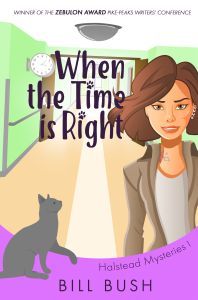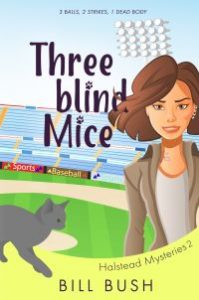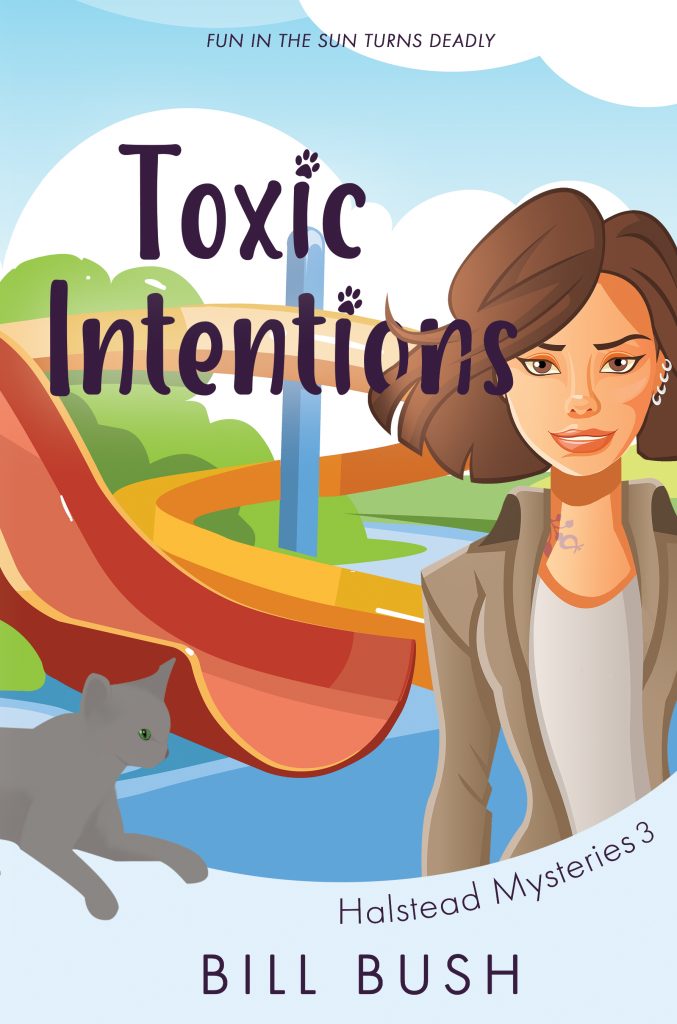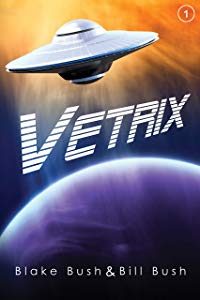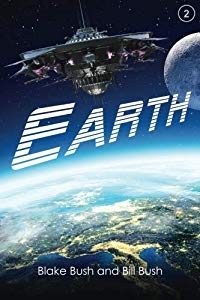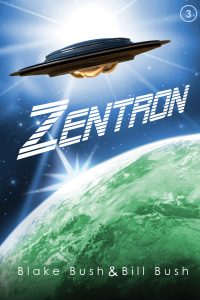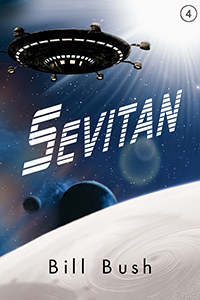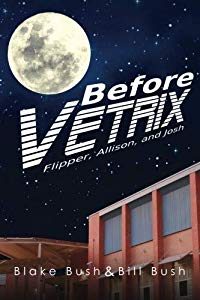Hold your arms straight out—in front of you or to the side, it doesn’t matter.
Easy, right?
Now leave them there until you finish reading this devotion.
Have you ever said, “It’s no big deal”, “That was a long time ago”, or “That doesn’t bother me”?
So often we deny our emotional hurts or minimize them because we think admitting we hurt may sound like whining or we believe that no one else cares about our pain. Sometimes we believe something shouldn’t bother us so we determine that it won’t, as if we controlled our emotions with our minds.
The truth is that most of us try to carry unnecessary weight we accumulated years ago. Some of us have been holding onto pain for decades.
We aren’t built to carry internal pain indefinitely, just like we aren’t built to hold out arms in the air indefinitely.
You do still have them up, don’t you?
Even the simple act of holding up your arms becomes unmanageable over time. Eventually you will need assistance because the pain becomes unbearable. Whether aid comes from another person or a physical support like a table or desktop, is up to you. But your body will soon require you to get help.
Our internal pain is much the same way. We can carry it for a short period with minimal side affects, but after time we need help. In fact, our bodies will require us to find a way to deal with our emotional troubles. Some use people and relationships to hide their hurt while others use alcohol, drugs, sex, entertainment, food, work, anger, etc., etc., etc.
1 Peter 5:7 says, “Casting all your care upon him; for he cares for you.”
We are designed to need God. Until we accept that and give our cares, anxiety, pain, and suffering over to him, we carry a burden we cannot handle.
When you finish reading this devotion you will have two choices of what to do with your arms. You can struggle and seek outside help to keep them up, or you can lay them down to rest.
You will also have two choices of what to do with your emotional pain and baggage. You can continue to seek help from other sources to ease and mask the pain, or you can lay it down by giving it to the One who asks for it.
“Come to me, all you who are weary and burdened, and I will give you rest.” Matthew 11:28.
One final thought: Notice the first word in 1 Peter 5:7 is casting, implying a continuous action. As long as sin remains in the world, relational pain will be a frequent experience.
Let’s give to God daily (or more often when needed) our cares and burdens so we can rest.
Father, forgive us for attempting to carry what only You can. And thank you for offering to handle everything that we cannot. Take our hurts, our disappointments, the times we have been abused, cheated, and lied to, and help us to forgive and to heal. In Jesus name, Amen.

